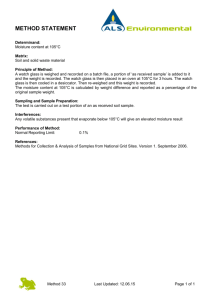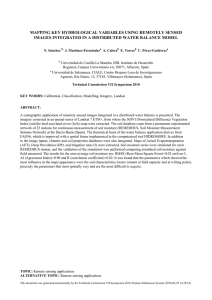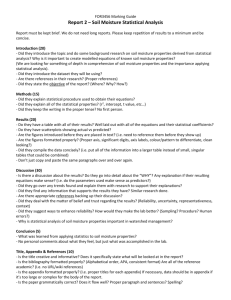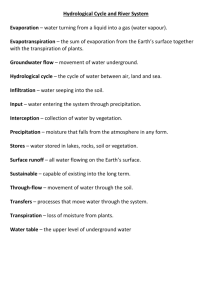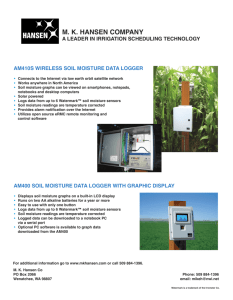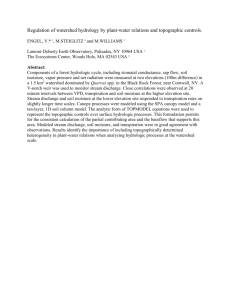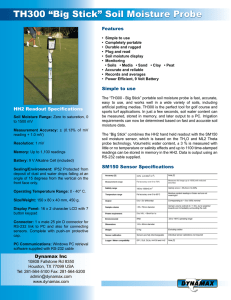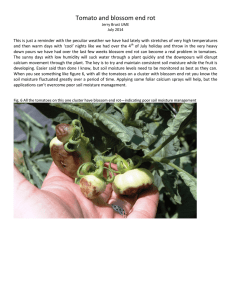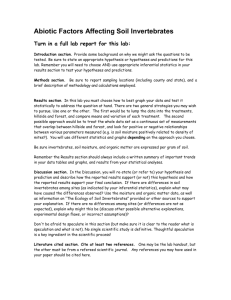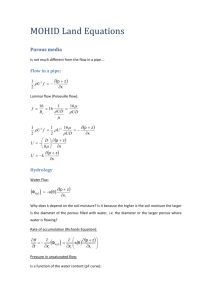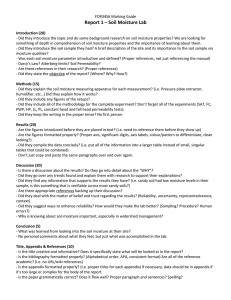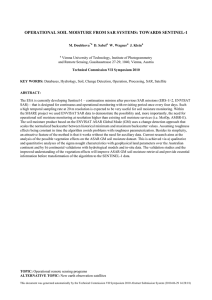Abiotic Factors
advertisement
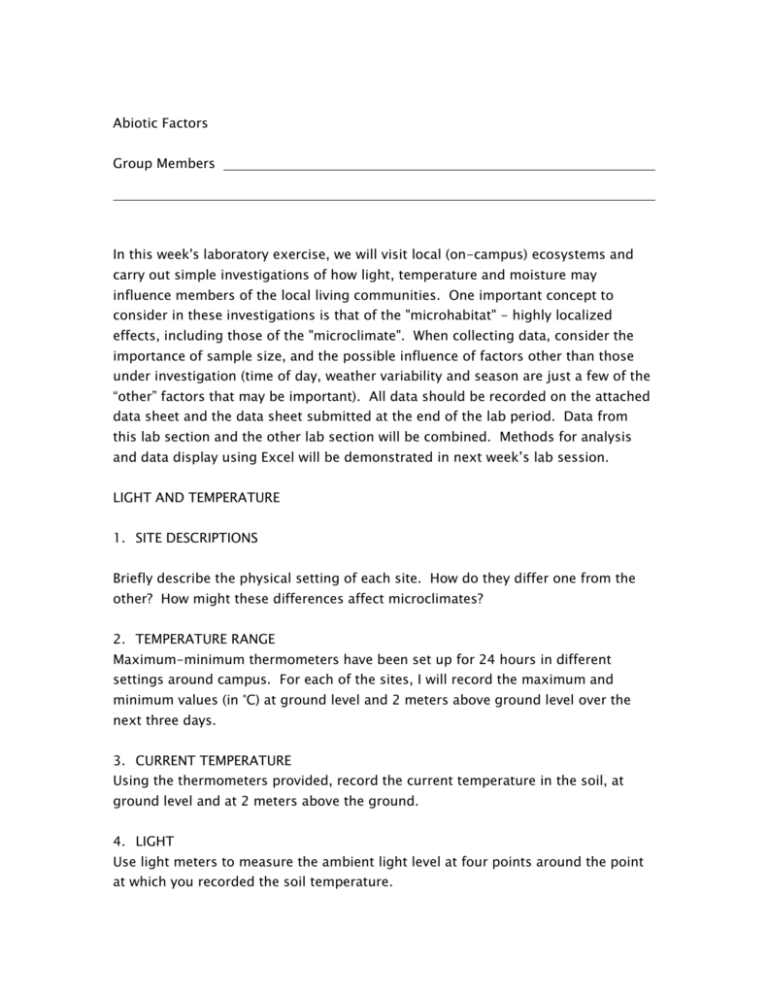
Abiotic Factors Group Members In this week's laboratory exercise, we will visit local (on-campus) ecosystems and carry out simple investigations of how light, temperature and moisture may influence members of the local living communities. One important concept to consider in these investigations is that of the "microhabitat" - highly localized effects, including those of the "microclimate". When collecting data, consider the importance of sample size, and the possible influence of factors other than those under investigation (time of day, weather variability and season are just a few of the “other” factors that may be important). All data should be recorded on the attached data sheet and the data sheet submitted at the end of the lab period. Data from this lab section and the other lab section will be combined. Methods for analysis and data display using Excel will be demonstrated in next week’s lab session. LIGHT AND TEMPERATURE 1. SITE DESCRIPTIONS Briefly describe the physical setting of each site. How do they differ one from the other? How might these differences affect microclimates? 2. TEMPERATURE RANGE Maximum-minimum thermometers have been set up for 24 hours in different settings around campus. For each of the sites, I will record the maximum and minimum values (in °C) at ground level and 2 meters above ground level over the next three days. 3. CURRENT TEMPERATURE Using the thermometers provided, record the current temperature in the soil, at ground level and at 2 meters above the ground. 4. LIGHT Use light meters to measure the ambient light level at four points around the point at which you recorded the soil temperature. 5. MOISTURE Moisture meters allow relative comparison of moisture levels. Use these meters to determine soil moisture at each of the points where you recorded light intensities. Site Descriptions Other “unmeasured” factor of importance Table 1. Raw data for soil temperature, ground temperature, air temperature, soil moisture and light from four sites adjacent to the Science Building. Variable Soil Temperature Ground Temperature Air Temperature Soil Moisture Light Point 1 Point 2 Point 3 Point 4 Site 1 Site 2 Site 3 Site 4
